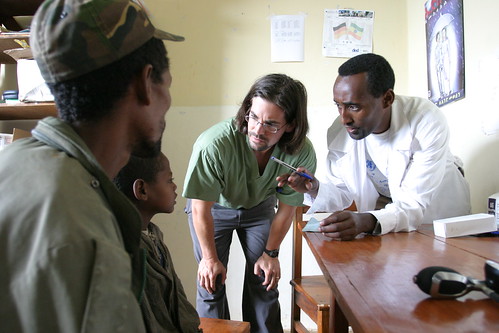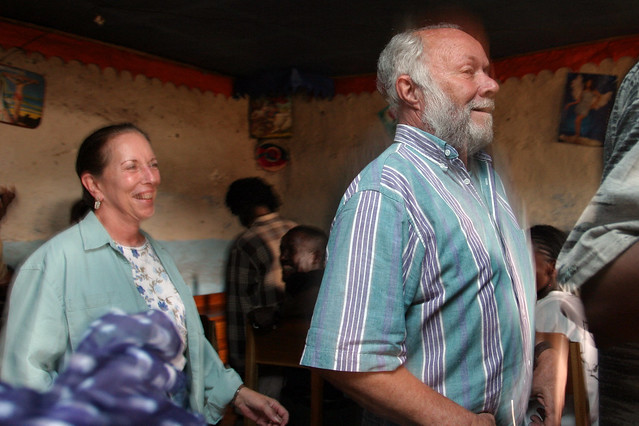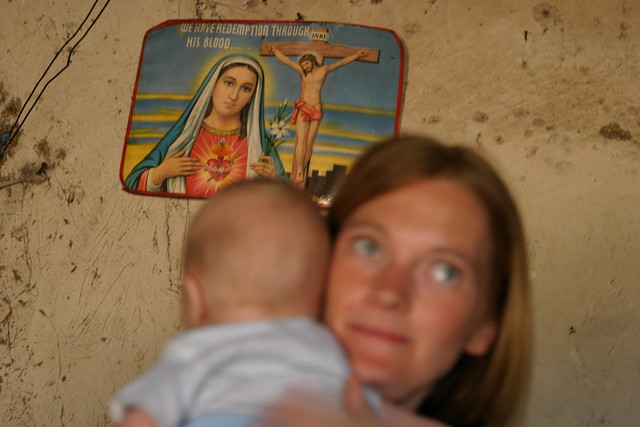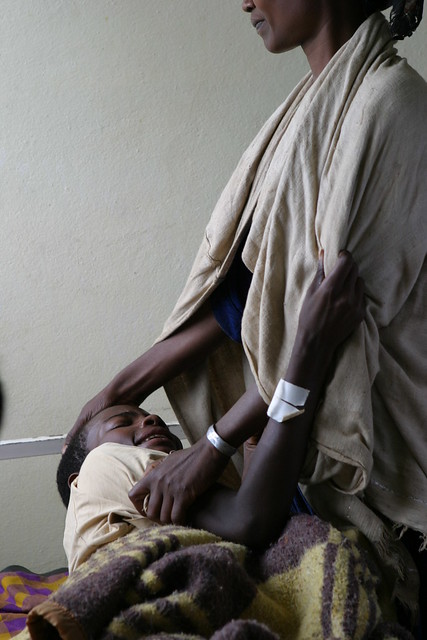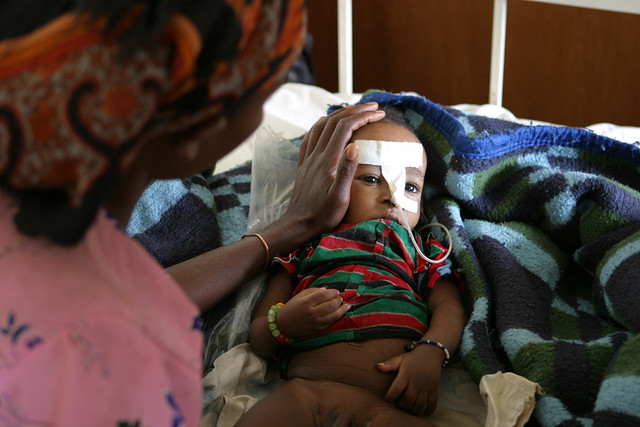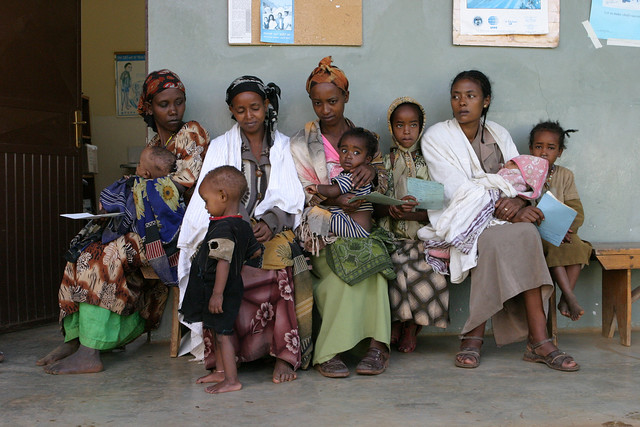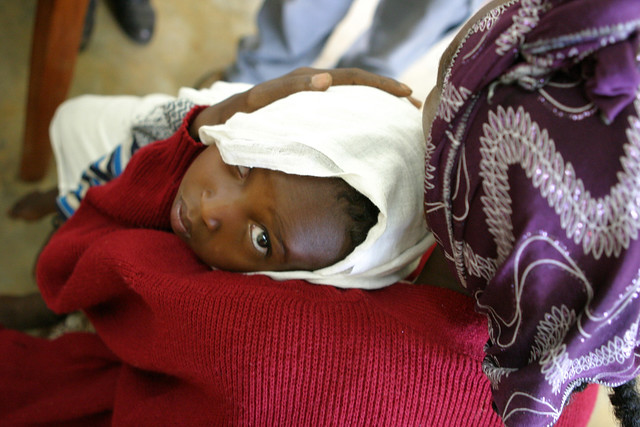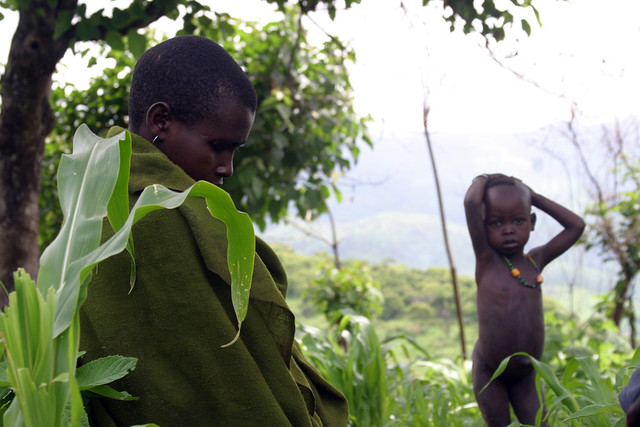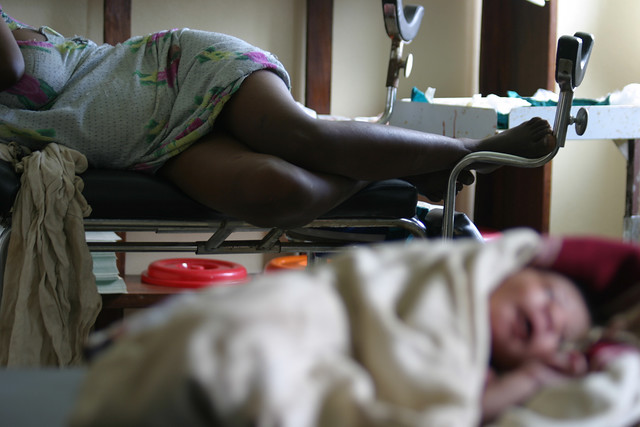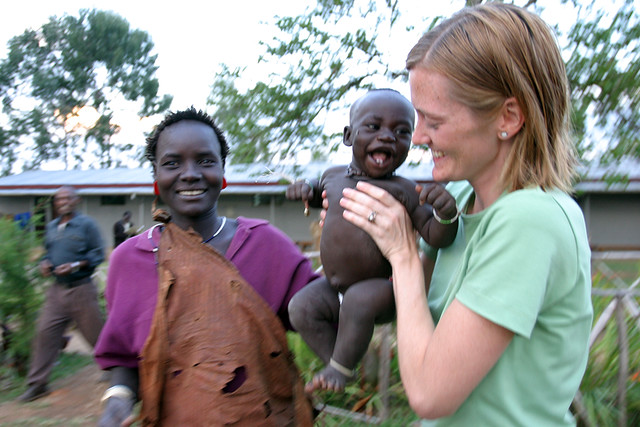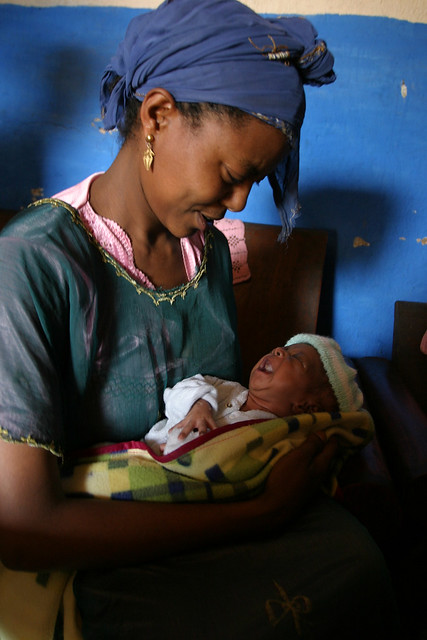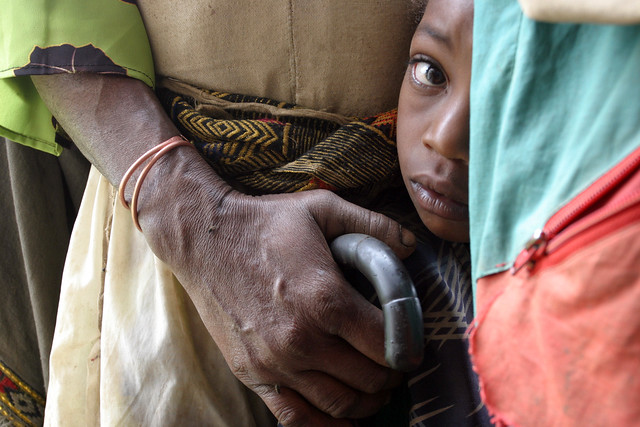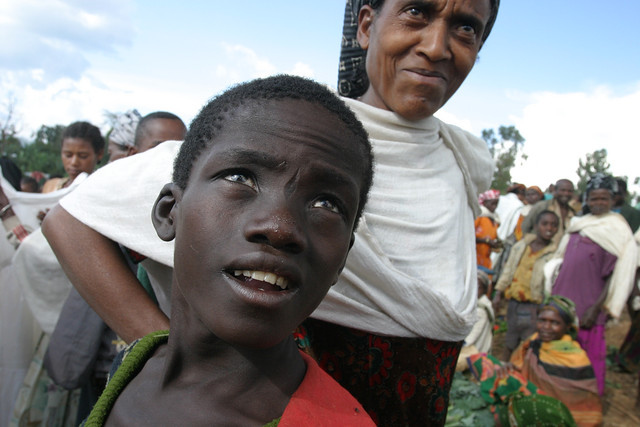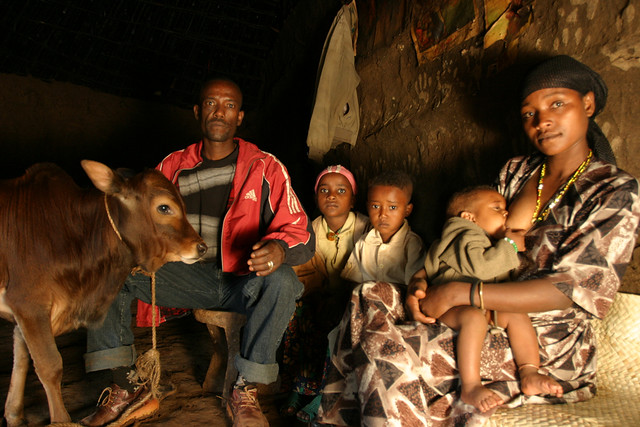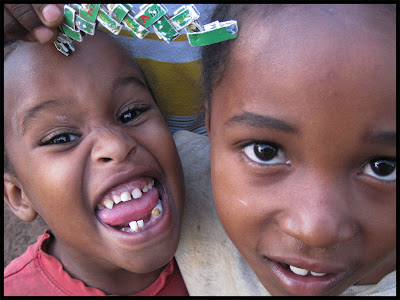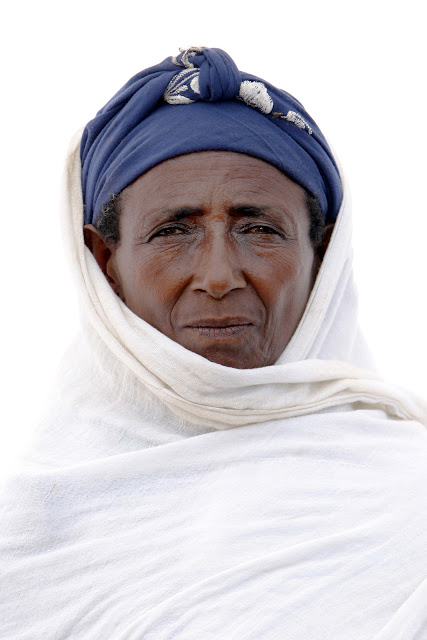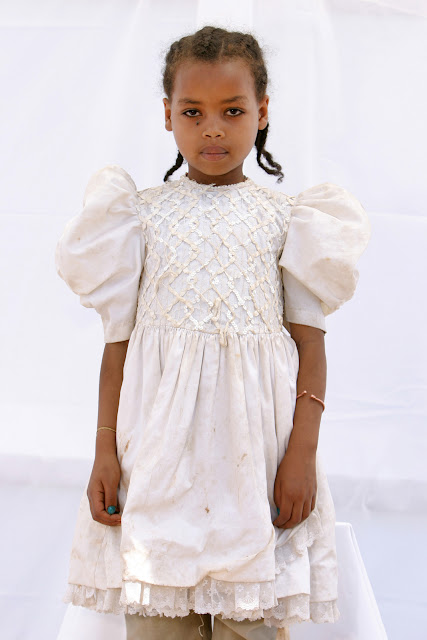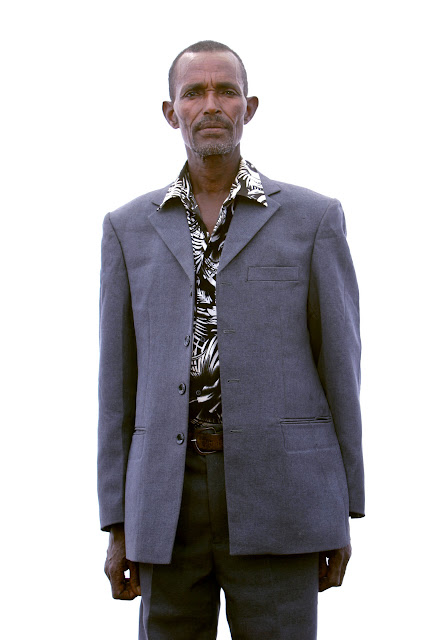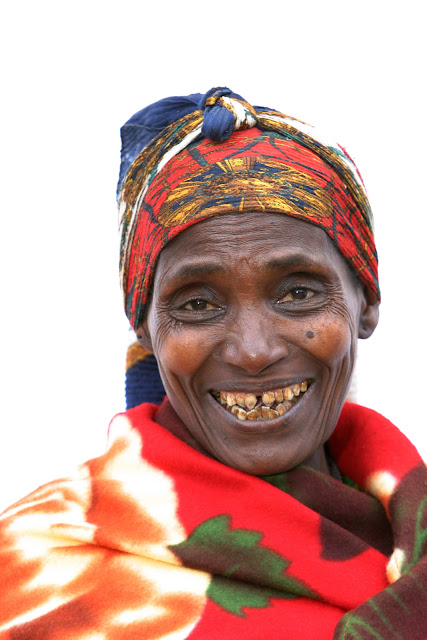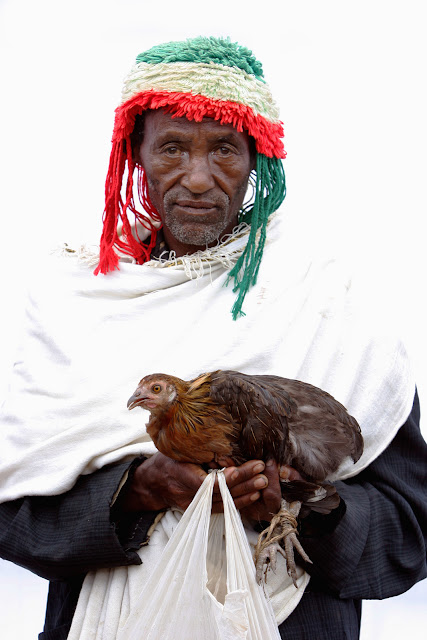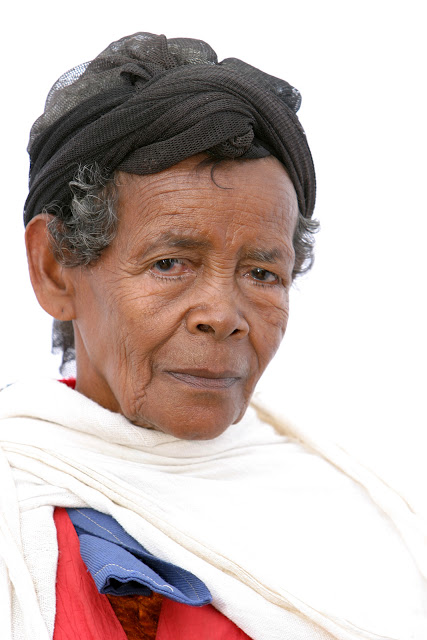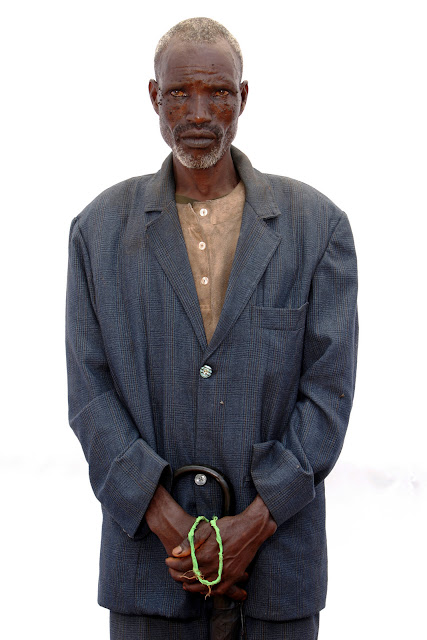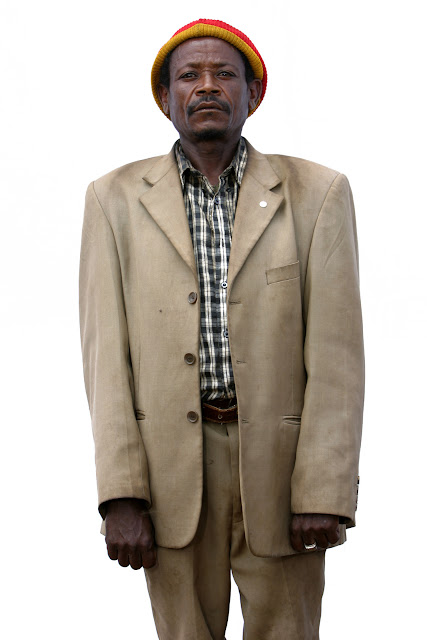"I am as young as the most beautiful wish in my heart -
and as old as all the unfulfilled longings in my life."
- An elderly bushman's answer when asked his age.
One of my most memorable days at Lalmba Kenya was the day I
spent visiting the elderly in our Eldercare program. Two years ago, Hugh noted the plight of the ‘forgotten’ very old members of the
Matoso community. Many elderly widows
and widowers who have lost their children to AIDS are living without assistance
in very poor conditions.
For the past 2 years, Lalmba has been providing some modest
assistance to the elderly who lack family with resources to assist them: a bar
of soap, a mattress and blanket, some food supplies.
Here are a few of them:
Sabina Midega, 80, has been a widow for over 20 years. She had 3 daughters, all of whom were married to men in faraway villages (In Luo culture, once a daughter marries, she becomes a member of her husband’s family). One of Sabina’s daughters disappeared several years ago, and until now still has not been found, something that haunts Sabina every day.
Sabina now lives with her grandsons, who attend school
through Lalmba’s RCAR program. She
receives some food and supplies through Lalmba’s eldercare program, which she
and her grandsons use to make ends meet.
She spends most of her time lying in bed, due to her advanced age and
weakness. She does manage to sit up to
prepare food for her grandsons in the evenings when they return from school.
Magdalina Otieno, 90, is one of the oldest people Matoso has
ever known. Virtually blind and almost deaf, she is cared for by one of her
surviving daughters. Magdalina had 5
children, 3 of whom died, along with her husband who died 15 years ago. Magdalina stays in a bat-ridden house next to her
daughter’s and is not able to get out of bed.
Her daughter assists her with all her daily care needs, and Lalmba
assists with Magdalina’s food and living supplies. When visitors come to Magdalina’s house,
she likes to sit up in bed, holding and patting their hands for as long as they
are willing to stay.

Salim Ogutu was born in 1930. He says he disappeared from home for a long
period of time as a child and has no memory of it. He suffered from leprosy as an adult and
never married or had any children as a result.
Because of his history of leprosy, community members have declined to
support Salim in his old age. When
Lalmba met Salim, he was without shelter.
Lalmba helped him make arrangements to inherit his late brother’s house,
where he now lives. He gets some support
from Lalmba, and also supplements his income by twisting sisal fibers (a local
plant with tough stalks) to make rope, and sells it at market. With his added income he is able to buy
kerosene to light a lamp in the evenings, and also can purchase some
vegetables.
Masela Ogur, 68, has been a widow for 20 years. She had 3 daughters, all of whom have been married and joined their husbands’ families, and no sons. Without other family members to support her, Masela is being cared for by her late husband’s younger co-wife (Polygamy is not uncommon in Luo culture). The co-wife bathes and cleans Masela and cooks for her. Masela is able to sit up in a chair for a few minutes at a time, but otherwise spends most of her time in bed. The support Lalmba provides allows her to sustain herself without unduly burdening the co-wife and her family.
Dishon Obinju, 80, is a cheerful man who loves to sing songs to any visitors to his hut. Last week, using 2 sticks as canes, Dishon spent 6 hours walking to Lalmba’s clinic in Matoso, just 1 km. away, to ask for assistance. Dishon made his living as a peasant farmer, had a wife who died along ago, and 6 sons, 3 of whom have also died. As Dishon’s health has failed over the years, he is no longer able to farm and relies on begging to make his meager ends meet. Lalmba’s support enables him to feed himself and rely less on begging in the streets.














